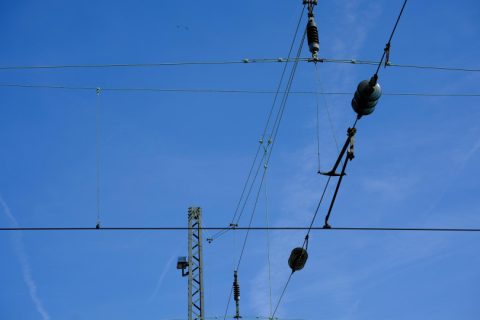
Rail unions raise their voices on increasing electricity prices
ERFA, UIP, and UIRR urged the EU to activate “an emergency intervention to address high energy prices that will be applied to traction electricity used by freight trains”. Electricity prices throughout the Union have increased between 300 and 1,000 per cent, while diesel prices have gone up by 70 per cent. This trend is quite damaging for the rail freight industry, which is competing with long-distance trucks, often powered by diesel.
Do you want to read the full article?
Thank you for visiting RailFreight.com. Become a member of RailFreight Premium and get full access to all our premium content.
Are you already a member?
Having problems logging in? Call +31(0)10 280 1000 or send an email to customerdesk@promedia.nl.




